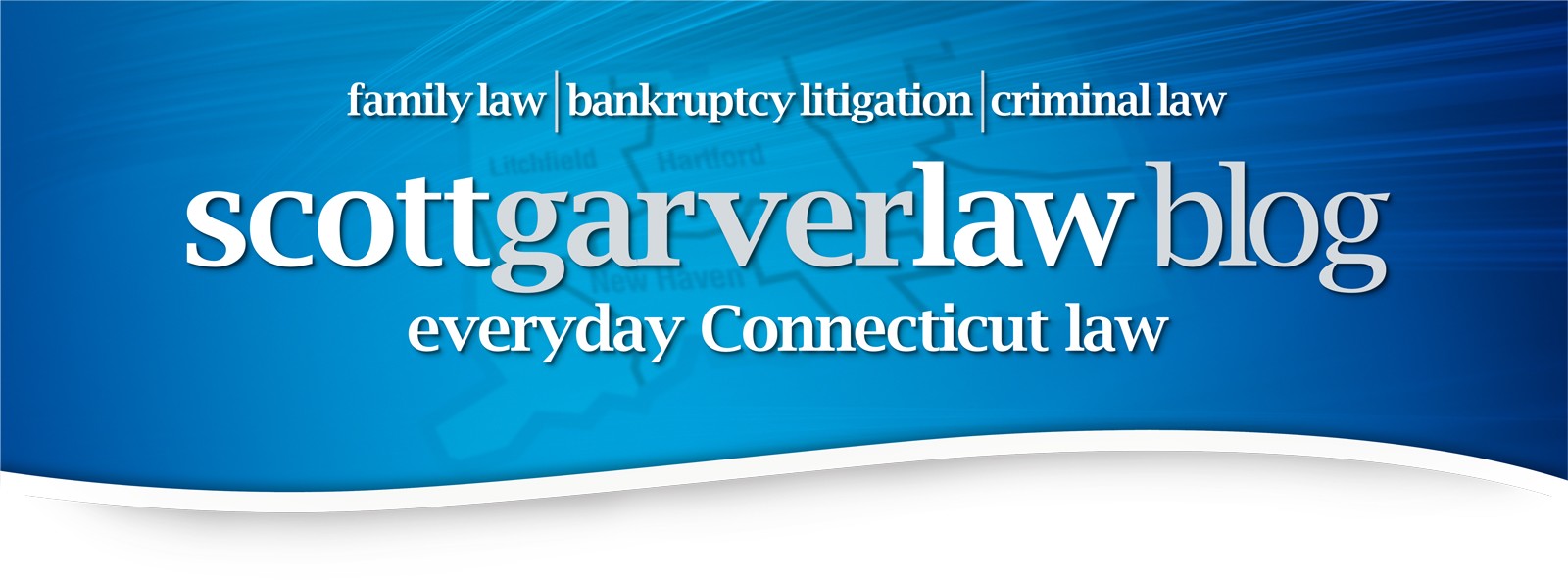It was Columbus Day not long ago here in Southington, Connecticut and a new monument honoring Christopher Columbus was unveiled at the town hall. The ceremony drew a group of protesters who believed that Columbus should not be honored because of the diseases and devastation he brought to the Native American people.
In other communities, mostly in the South, white supremacists and other racists are protesting the removal of monuments honoring the Southern Confederacy. Robert E. Lee has been removed from many public spaces
And there are the protests in the National Football League where players take a knee during the National Anthem to protest racial discrimination and governmental and police policy and behavior.
I am not here taking any position on the merits of these protests. I rather want to make some legal observations. I am a Southington Attorney and a Waterbury Attorney and have taught Constitutional Law at UConn for over 25 years. The First Amendment to our Constitution protects Free Speech and Assembly from governmental interference.
The idea of Free Speech sounds great until we are confronted with a message that we do not like.
This week a horribly racist brochure was distributed in parts of Southington. Disgusting and hateful messages were spread throughout my town.
And as much as I might hate this message, I must honor the right of these protesters to get it out. The Supreme Court has said that the solution for bad ideas is not less speech, but more speech. It is the purpose of the First amendment to allow good and bad ideas to compete in the marketplace of Free Speech.
So let’s not get caught up in thinking that our government must ban hurtful or offensive words or symbols. As a Southington and Waterbury criminal law attorney I am vigilant to protect Free Speech. When the government, whether it be Congress, the President, the police department, the state university, the school board or the library tells us what we can and cannot say, then the experiment in Democracy we call America is in grave danger.









